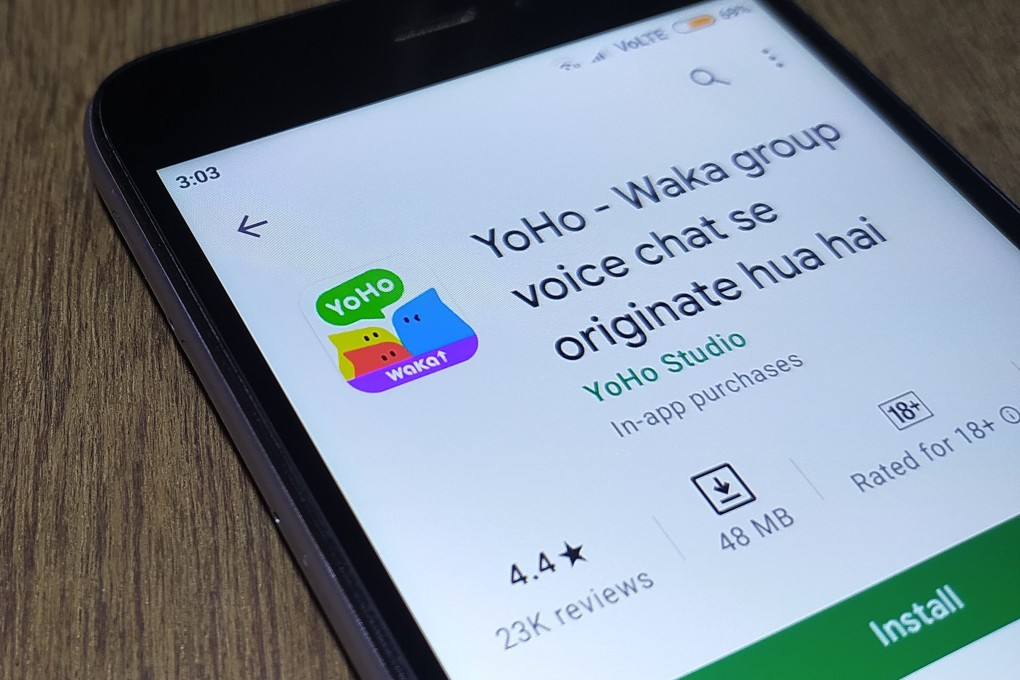Chinese app factory Newborn Town has designs on Southeast Asia with many smaller platforms, flipping the TikTok model
- As political scrutiny of Chinese apps grows overseas, Newborn Town is finding success by churning out multiple social media and dating apps
- Co-founder Li Ping says Newborn started by focusing on China, but quickly realised there were greater opportunities in other markets with less competition

Yumy, Mico and Yoho are all hit social media and dating apps in Southeast Asia and the Middle East. They also have something else in common: a single Chinese developer.
Just as made-in-China goods are a staple of retail outlets around the world, China’s internet service boom in the last two decades has created an army of app factories with ambitions to turn their apps into household names overseas. And despite rising political scrutiny, Chinese developers like Newborn Town are increasingly proving they have the ability to pull it off.

Li’s journey to starting a business that churns out apps had humble beginnings. He initially struggled to find an ideal job after he graduated from Hebei Normal University of Science & Technology in 2011, a regional university known for training teachers, when he moved to Beijing in search of a more promising future, like many other ambitious young people at the time.
The move proved fortuitous in a different way, however: Li met Liu Chunhe, who was looking for a partner to help start a business in the days when seemingly all of China was still gripped by the excitement of entrepreneurship.
“When we look back, we started the new business maybe simply because he couldn’t find people to join his business, and I couldn’t find a job, so we hit it off,” Li said.
